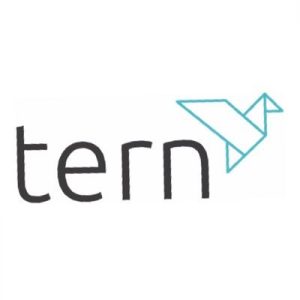Surgical advancements over the past century have been remarkable, yet the reality remains that more than 5 billion people globally lack access to safe surgical procedures. This is largely due to a shortage of trained surgeons. Despite significant progress in medical technology and science, the traditional model of surgical training has remained largely unchanged for the past 150 years. Historically, training has relied on a combination of classroom theory, observation of cadaver-based procedures, animal studies, and theatre-style viewings. These traditional approaches are expensive, logistically challenging, and heavily subjective in terms of the feedback provided, which limits their overall effectiveness.
The rapid evolution in surgical methods has led to highly personalised approaches adopted by individual surgeons. Meanwhile, the healthcare industry itself is undergoing major changes, with health systems merging into large conglomerates that depend heavily on the volume of surgical procedures for profitability. Nearly half of inpatient Medicare payments, for example, are directed towards patients who undergo surgery. In response to this trend, hospitals are increasingly employing physicians and investing in Ambulatory Surgery Centres to boost their surgical output.
Despite this focus on consolidation and growth, two-thirds of surgeries are still carried out in smaller suburban and rural hospitals, most of which have fewer than 400 beds. These smaller hospitals have much lower surgical volumes, which tends to result in poorer outcomes compared to the larger hospitals that have greater resources and case volumes. To democratise access to high-quality surgical care, it is essential to transfer advanced surgical skills to these regional healthcare centres, where most procedures actually occur. Providing these smaller facilities with the tools for advanced surgical techniques and objective assessment is a key factor in closing the quality gap between large metropolitan hospitals and smaller, regional institutions.
One major challenge that persists in healthcare is the cost and accessibility of physician training, especially when it comes to surgery. Fortunately, recent advancements have brought about the rise of virtual reality (VR) simulators as an alternative for surgical training. VR technology directly addresses the issues of cost and accessibility, allowing for more equitable healthcare training opportunities. This innovation empowers surgeons to enhance their skills more quickly and at a significantly lower cost, contributing to faster skill acquisition, better patient outcomes, and a more effective healthcare workforce overall.
The impact of VR is also being felt by patients and caregivers, improving confidence in the care process. For patients, VR offers a unique way to understand medical procedures by experiencing them virtually beforehand. This kind of exposure helps reduce the anxiety and fear that often come with unfamiliar treatments. For caregivers, VR training modules provide the opportunity to practice various scenarios in a risk-free environment, enabling them to improve their skills in a safe and controlled manner.
Addressing these needs, FundamentalVR has introduced the Fundamental Surgery platform, which offers high-fidelity simulations that are accessible to surgeons around the world. This platform incorporates HapticVR® technology, allowing users to build tactile skills and develop crucial muscle memory by understanding the difference between correct and incorrect procedural performance. Recognising that knowledge, skill, and confidence are key to both workforce satisfaction and better patient outcomes, FundamentalVR places a strong emphasis on continuous learning, ultimately aimed at improving the quality of healthcare delivery.
Tern plc (LON:TERN) backs exciting, high growth IoT innovators in Europe. They provide support and create a genuinely collaborative environment for talented, well-motivated teams. FundamentalVR is a healthcare technology company with a mission to accelerate human capability via precision simulation.


